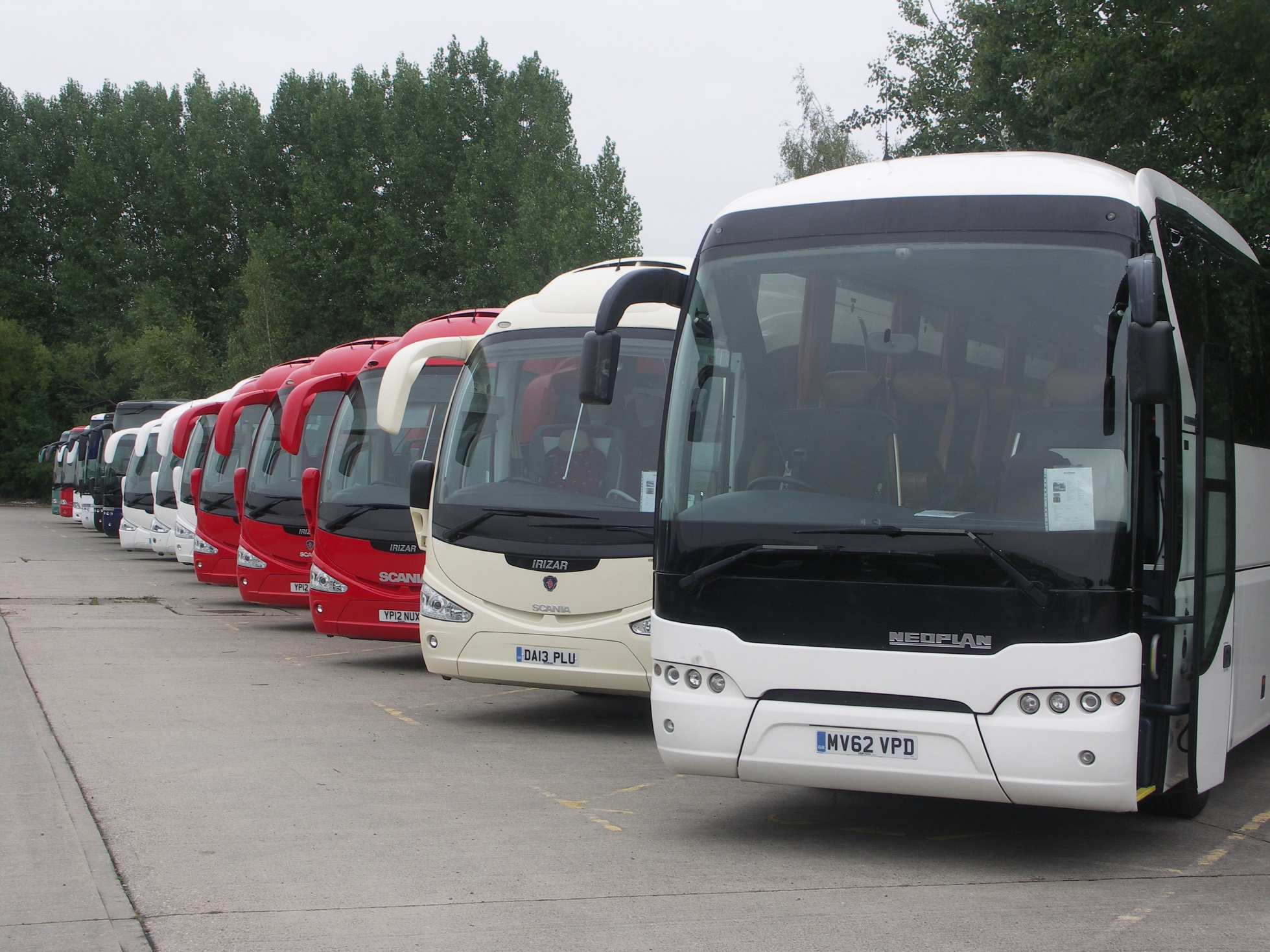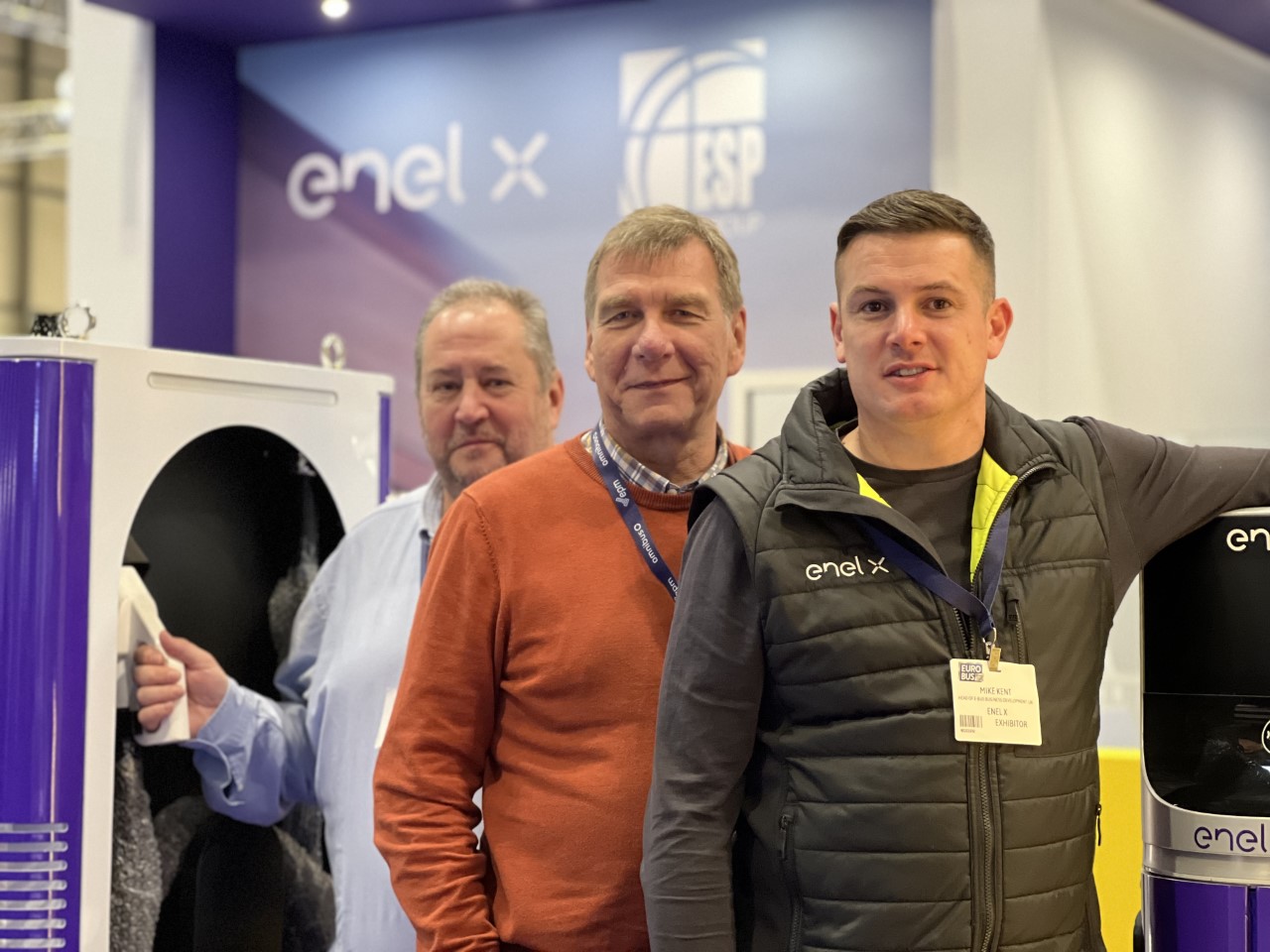“Work smart, not hard,” a wiser person than I once said.
Pricing is a big part of my job. It is probably the one thing I would not trust anyone else to do. While we have a formula that is all well and good for getting an idea of where we should be, experience and a decent commercial instinct can go a long way to turning the same job from a reasonable earner to a lucrative one.
Do we all buy as hard as we sell? Saving a couple of hundred pounds on new tyres can do the same job as squeezing a bit more from a reluctant customer. Do your garage staff ensure that they get the maximum discount they can? Do they know when a non-genuine valve is the same as a genuine one, but a lot cheaper?
All this brings me to 0500hrs a couple of Saturdays ago. I opened the gates and saw 90% of the fleet nicely lined up and ready for action on a particularly busy day. I tend to see vehicles as pieces of metal that are there to make money and keep us in jobs. But I was struck by the diversity of our fleet now.
We have large tri-axle touring coaches, 70-seaters, smart 49-seaters, midicoaches, buses, and a couple of trusty Van Hool T9s. It is a far cry from 20 years ago, when our fleet was all Volvo Van Hool. In many ways, they were perfect; start life as 49-seat touring coaches, then up to 53 seats for private hire, before finishing their working lives at 57- or 70-seat school coaches. What is not to like?
We always bought those T9s outright, because they had a 20-year life and could be fixed in-house. The adage was always true: Your older vehicles paid for your newer ones.
The modern coach cannot cascade through my fleet. Our 49-seat tri-axles are never going to be solid school workhorses, so are they really any use to me? More and more, they are computer-driven, and any trip to the main agent always seems to end up with a four-figure bill and more time off the road than is probably necessary.
With this in mind, should I be leasing the vehicles and then handing them back, rather than owning a heavily depreciated asset?
More and more, I am considering different methods of financing vehicles, and looking at them as five-year assets rather than 20-year ones that have earned their retirement. I lean more and more on my accountants to ensure that everything we do is the most tax efficient.
This year we bought a new coach that we probably could have managed without, but the extra tax liability made it a no-brainer. Capital allowance, depreciation and value at end of life are equally important as buying parts for the right price or getting decent rates. I get good advice and I take it, which is something anyone in any sort of business should do.



























